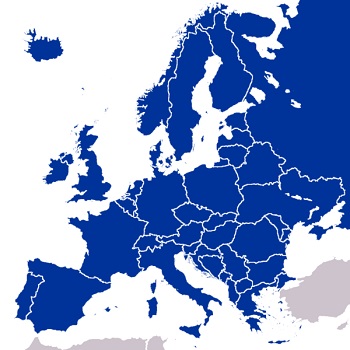Millennials are a very powerful demographic when it comes to mobile shopping
Millennials have become a very powerful demographic in the mobile commerce space, but connecting with these consumers have proven quite difficult for many companies. For years, companies have focused on older generations because they were relatively easier to connect with. The advent of mobile payments systems has caused a shift in priorities for retailers, however, and these companies are now beginning to seek out ways to better engage millennials, most of whom grew up steeped in mobile technology.
This demographic accounts for $600 million in spending and have a strong interest in mobile commerce
Millennials account for an estimated $600 million in spending, which makes this demographic quite attractive to retailers. Many of these consumers have shown that they are interested in mobile commerce and shopping online. These see this as more convenient than conventional forms of shopping and are more willing to use their smartphones to make purchases. This is because many millennials have never lived in a world separated from the Internet, and thus have become heavily reliant on mobile technology and being able to connect to the digital world on a whim.
Retailers will have to find new and dynamic ways to connect with mobile consumers
 As retailers become more invested in mobile commerce, they will have to find ways to engage millennials specifically. The problem, however, is that this demographic has shown itself to be somewhat fickle, unlikely to support a singular payment or retail platform for any significant length of time. Loyalty programs may ensure consumer dedication for a time, but businesses will have to find other ways to effectively engage consumers in order to secure their loyalty.
As retailers become more invested in mobile commerce, they will have to find ways to engage millennials specifically. The problem, however, is that this demographic has shown itself to be somewhat fickle, unlikely to support a singular payment or retail platform for any significant length of time. Loyalty programs may ensure consumer dedication for a time, but businesses will have to find other ways to effectively engage consumers in order to secure their loyalty.
Customer experience has become a very important thing for consumers
The mobile payments space is likely to continue to grow well into the future, surpassing the e-commerce market, in terms of growth, in the coming years. As the sector grows, new payment platforms are likely to feature better customer experiences, tapping into the demands coming from consumers. Better customer experiences are in high demand among millennials, which is forcing some companies to transition from the mobile web to applications, or vice versa, in order to making online shopping more convenient.

 The markets that were included within this report were the United Kingdom, Spain, Austria, Switzerland, Eastern Europe, Benelux, Italy, the Nordic countries, Germany and France.
The markets that were included within this report were the United Kingdom, Spain, Austria, Switzerland, Eastern Europe, Benelux, Italy, the Nordic countries, Germany and France.